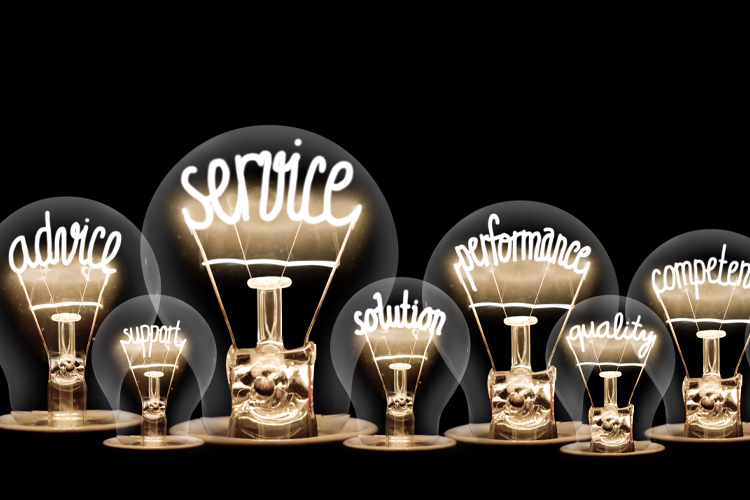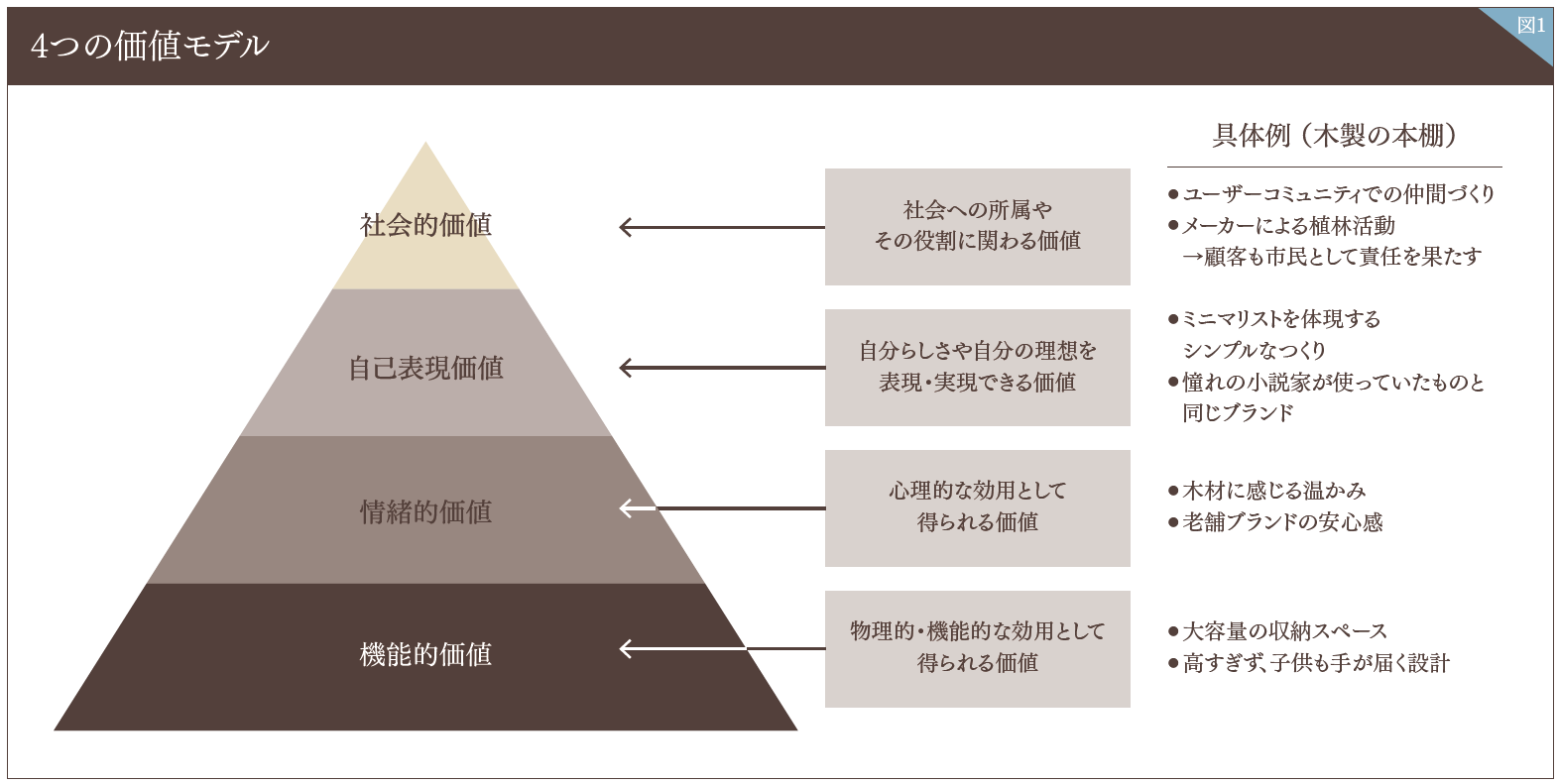Value Co-creation Paradigm Shift and Future Marketing Signs

The Two Major Themes of Marketing: "Customers" and "Value"
What is business, and what is its purpose? Even top managers may find it challenging to answer this question clearly and unequivocally. While "Start with 'Why'" has become a fundamental principle in business, there is currently no universal answer to these basic questions for companies. Recent ESG investments illustrate that it is not solely about economic indicators such as sales and profits.
However, this does not mean there are no guidelines at all. Economists like James Walesch from the University of Michigan have categorized the values that businesses should pursue and introduced the concept of "collective value." They propose that optimizing this value should be the goal of business. Following this perspective, it would not be unreasonable to include "creating/enhancing value" as one of the business objectives.
I believe that "marketing," the main theme here, embodies this idea of "creating and enhancing value."
Regarding marketing in business, there have been numerous arguments and discussions, ranging from theories and common beliefs of scholars from various periods to the insights of famous personalities and successful figures. It is almost reckless to attempt to generalize all of these. However, today, two themes are central to discussions about marketing: "customers" and "value."
The American Marketing Association defines marketing as "the activities, systems, and processes for creating, communicating, delivering, and exchanging offerings that have value to customers..." This definition emphasizes that the core of marketing is creating value for customers. Peter Drucker, known as the "father of management," offered a slightly different perspective by stating, "The purpose of marketing is to make selling (simple sales activities) unnecessary." This implies that if "value" is established for "customers," then one-sided promotions, like selling bananas at bargain prices, become unnecessary.
So, what is meant by "value" here? A model that is easy to discuss from the customer's perspective includes functional value, emotional value, self-actualization value, and social value, as used by David Aaker and others. Incidentally, this model is based on the same ideas as Maslow's self-actualization theory, which is still cited today regarding human needs. (Figure 1)
Next, when discussing the "customer" in marketing, it is most insightful to refer to the thoughts of Philip Kotler, the "father of marketing." Kotler's evolution in the perception of marketing accurately reflects changes not only in customers but also in value. Kotler's assertion that marketing has shifted from focusing on the products companies produce to the value created by customers resonates with the experience of both business professionals and customers.
The transitions in "customers" and "value" can be interpreted in various ways and are difficult to generalize; however, the following two points can be generally stated:
・The role of "customers" in marketing has become more prominent, and companies' approach to customers has shifted from merely promoting purchases as "consumers" to building and maintaining good relationships as "people living in the city."
・Conversely, customers have increasingly focused on higher-context and higher-level values, such as emotional value and self-actualization value, in addition to functional value.
In reality, the relationship between these two aspects is cyclical, reflecting a transition in interaction.
In any case, the pursuit of "customers" and "value" is inevitable in today's marketing.

The "Service-Dominant Logic" That Shook Up Modern Marketing
From the perspective of "customers" and "value," an important discovery and foundational idea for today's marketing practice is the "Service-Dominant Logic (SDL)," which emerged in Northern Europe in the early 21st century. Contemporary marketing research...
To read the full text, please download the PDF.
DownloadPDF(1.01 MB)